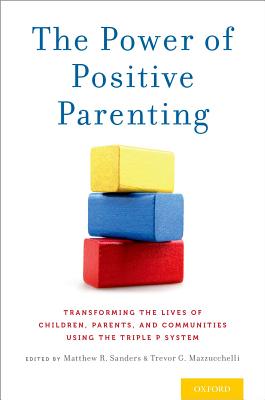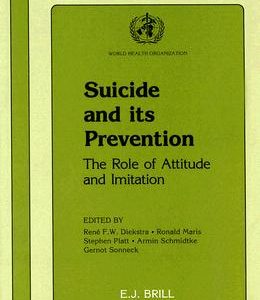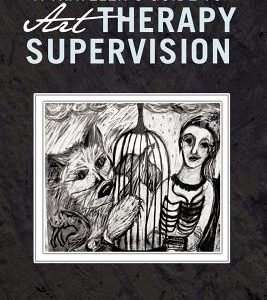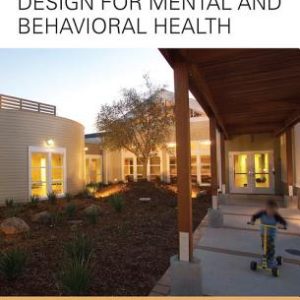Power of Positive Parenting: Transforming the Lives of Children, Parents, and Communities Using the Triple P System
$67.50
Description
Safe, nurturing, and positive parent-child interactions lay the foundations for healthy child development. How children are raised in their early years and beyond affects many different aspects of their lives, including brain development, language, social skills, emotional regulation, mental and physical health, health risk behavior, and the capacity to cope with a spectrum of major life events. As such, parenting is the most important potentially modifiable target of preventive intervention.
The Power of Positive Parenting provides an in-depth description of “Triple P,” one of the most extensively studied parenting programs in the world, backed by more than 30 years of ongoing research. Triple P has its origins in social learning theory and the principles of behavior, cognitive, and affective change, and its aim is to prevent severe behavioral, emotional, and developmental problems in children and adolescents by enhancing the knowledge, skills, and confidence of parents. Triple P incorporates five levels of intervention on a tiered continuum of increasing strength for parents of children from birth to age 16. The programs comprising the Triple P system are designed to create a family-friendly environment that better supports parents, with a range of programs tailored to their differing needs. This volume draws on the editors’ experience of developing Triple P, and chapters address every aspect of the system, as well as how it can be applied to a diverse range of child and parent problems in different age groups and cultural contexts.Editor: Sanders, Matthew R, Editor: Mazzucchelli, Trevor G
Topic: Psychology
Media: Book
ISBN: 190629061
Language: English
Pages: 600
Additional information
| Weight | 2.75 lbs |
|---|---|
| Dimensions | 9.9 × 6.9 × 1.4 in |















Reviews
There are no reviews yet.